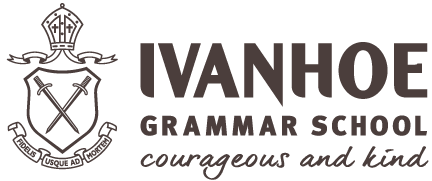Digital Learning Innovation
A range of digital learning innovations are incorporated into our day-to-day activities and classroom learning. Digital Technologies is a part of the curriculum from Foundation through to Year 10. From Year 8 onwards Digital Technologies is an elective subject, where interested students can focus more specifically on exploring and creating innovative digital solutions. All subject areas across all year levels are encouraged to include digital innovation in their learning plans, where relevant.
Virtual Experiences
Providing access to a virtual world allows student to experience environments no matter how distant. Using state-of-the-art VR headsets in a science class students can step inside the human heart to explore its structure and workings from the inside. In an art class can travel to the Louvre Museum and wander through the gallery of art there. In a physical education class students can sit in front row seats of an NBA basketball game to analyse play and observe the mechanics of our bodies in action. No where is to far, not even outer space.
3D Modelling
These tools enable our students to rapidly prototype their ideas for proof-of-concept and refinement. This technology is used across primary and secondary for a range of learning applications. In a Year 5 class students were given the challenge to design a device to attach to a Sphero robot, which could mop up water from a flooded basketball court. Year 12 VCD students use laser cutting and 3D printing extensively to build models of their design ideas, architectural concepts and more.
Robotics
Robotics includes the use of codable devices, which allow students to bring to live the innovative solutions they come up with through critical and creative thinking. This incorporates a range of technologies including microcomputers, Sphero robots, Lego and drones. For example, in Year 7 DigiTech, students use the BBC Micro-bit to design a data gathering device, such as pedometers, thermometers, rain gauges and motion sensors etc, Data collected is then used in data analysis tasks educating students around ethical data handling.
Each year, students in year 10 or below, can also compete in the FIRST LEGO League. This is a national competition where students bring together robotics and innovation. They are given an overarching topic (such as archaeology) and provided with a set of challenges to solve in competition time through coding their robot. They are then required to come up with an innovative solution relating to the overarching topic and present this to a panel on the day. This competition provides learning opportunities for students to enhance their coding, critical thinking and communication skills.
Data Loggers
Data loggers can be used across all school subject areas. We have several types of data loggers at our School, our students and teachers can access to provide an enriched and real-life learning experience. For example, our science subjects use a range of PASCO data loggers, including heart rate, water quality and titration monitors. In maths data loggers can be attached to the students CAS calculators to collect data for analysis. These include data loggers such as temperature, soil moisture and light intensity probes. We have also invested in being able to access the data from our solar panels and weather station to be incorporated into a range of learning activities.







